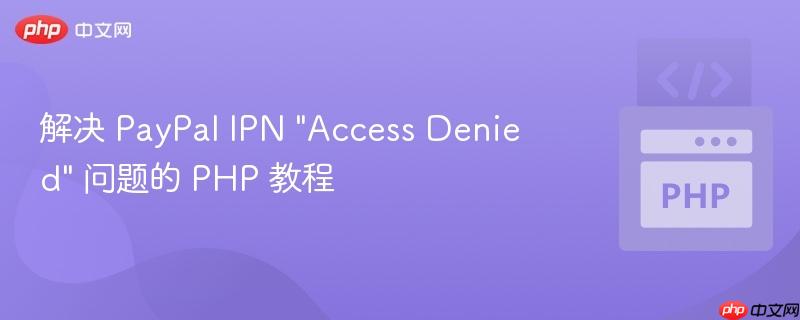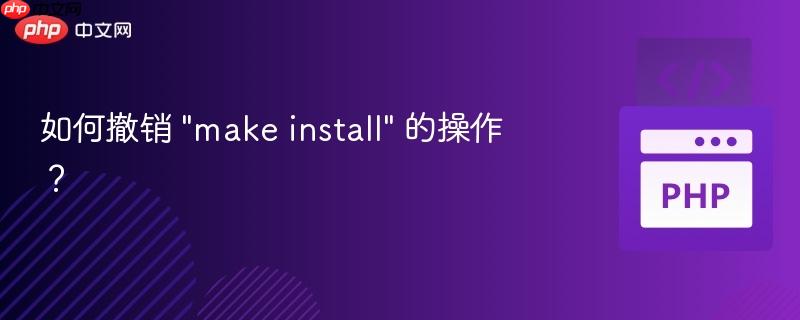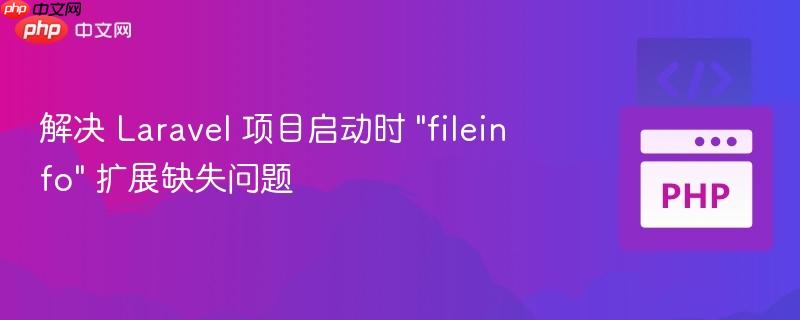PHP parses variables directly in double quotes, e.g., "Hello, $name" replaces $name with its value. 2. Use curly braces for arrays or objects like {$array['key']} or {$object->property} to clarify variable boundaries. 3. Escape special characters: use " for quotes, $ to prevent variable parsing, and , for newlines and tabs. 4. Concatenate strings and variables with the dot operator, e.g., "Hello, " . $name . "!", for better control in complex cases.

If you are working with PHP strings and need to use double quotes effectively, understanding how variables are parsed within them is essential. Here are the methods to properly use variables inside double-quoted strings in PHP:
The operating environment of this tutorial: MacBook Pro, macOS Sonoma
1. Direct Variable Parsing in Double Quotes
PHP automatically parses simple variable names when enclosed in double quotes. This allows for inline variable interpolation without breaking the string.
Define a variable such as $name = "Alice"; Embed it directly inside a double-quoted string: "Hello, $name" PHP will replace $name with its value when outputting the stringEnsure the variable name is clearly separated from surrounding text to avoid parsing issues
立即学习“PHP免费学习笔记(深入)”;
2. Using Curly Braces for Complex Variables
When dealing with arrays or object properties, curly braces help明确 the boundaries of the variable expression within a double-quoted string.
For associative arrays: {$array['key']} For object properties: {$object->property} This syntax prevents ambiguity and ensures correct evaluationAlways use curly braces when embedding array elements or object properties to guarantee proper parsing
 AppMall应用商店
AppMall应用商店 AI应用商店,提供即时交付、按需付费的人工智能应用服务
 56 查看详情
56 查看详情 
3. Escaping Special Characters
Double quotes allow special characters like (newline) and (tab), but certain characters must be escaped to display literally.
Use backslash () to escape double quotes inside the string: " Escape the dollar sign as $ if you want to prevent variable parsing Common escape sequences include \ for backslash and for carriage returnEscaping $ with $ stops PHP from interpreting it as a variable start
4. Concatenating Variables with Dot Operator
Instead of relying on interpolation, you can concatenate variables using the dot operator outside of double quotes.
Write the string parts separately and join them with . Example: "Hello, " . $name . "! Welcome back." This method offers more control over complex expressionsConcatenation avoids unexpected parsing behaviors in dynamic or nested contexts
以上就是怎么用php用双引号用php_PHP双引号中变量解析与代码使用方法教程的详细内容,更多请关注php中文网其它相关文章!











